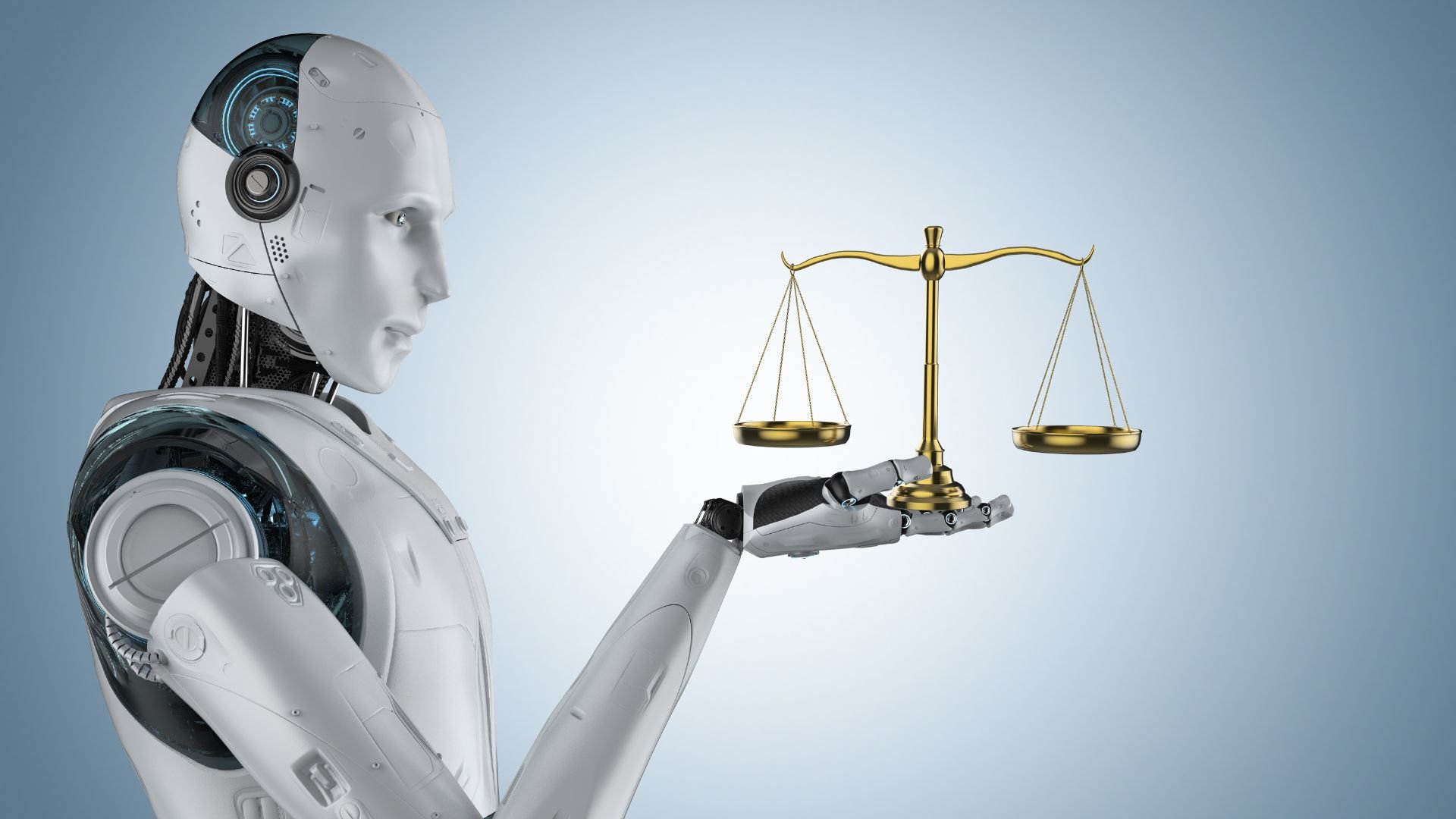
Learn about EU AI Act's measures for mitigating bias in AI systems
As AI systems become increasingly adopted across industries, they are often seen as tools for enhancing efficiency and reducing human biases. By relying on data-driven decision-making, these systems have the potential to mitigate discrimination and produce fairer outcomes. However, this promise is only as good as the AI's design, and if not carefully crafted, AI can replicate the same systemic biases present in its training data.
A notable example is the recent class action lawsuit against Workday, an ATS provider, accusing it of AI hiring discrimination based on race, age, and disability. The lawsuit claims that Workday used historic data to train its AI models without addressing potential existing discrimination within the dataset.
Recognizing the risks of bias in AI, the European Union has introduced the EU AI Act, which came into force on August 1, 2024. While the Act does not explicitly define AI bias, it includes numerous provisions aimed at detecting and mitigating bias in AI systems. The Act identifies AI bias as a substantial risk to individuals’ rights and mandates that companies take active steps to ensure fairness and prevent discriminatory outcomes.
For high-risk AI systems, the Act sets out obligations for providers to identify and mitigate bias:
Deployers of AI systems also have significant responsibilities to ensure the ethical and fair operation of AI:
Many deployers may also implement assurance mechanisms like independent bias audits to further mitigate risks and enhance fairness and transparency.
The AI Act introduces an exception allowing providers of high-risk AI systems to process special categories of personal data when necessary to detect and correct biases. This is permitted only when alternatives like anonymous or synthetic data are inadequate, and the processing must comply with GDPR, ensuring the data is deleted once bias is corrected or reaches its retention limit.
This exception applies solely to high-risk systems, underscoring the need to balance AI capabilities with individuals' privacy rights.
Warden’s auditing platform addresses many key requirements of the EU AI Act, helping AI vendors ensure compliance and ethical responsibility:
Schedule a demo to learn how Warden AI can help your organization comply with the EU AI Act and stay ahead in an increasingly regulated market.